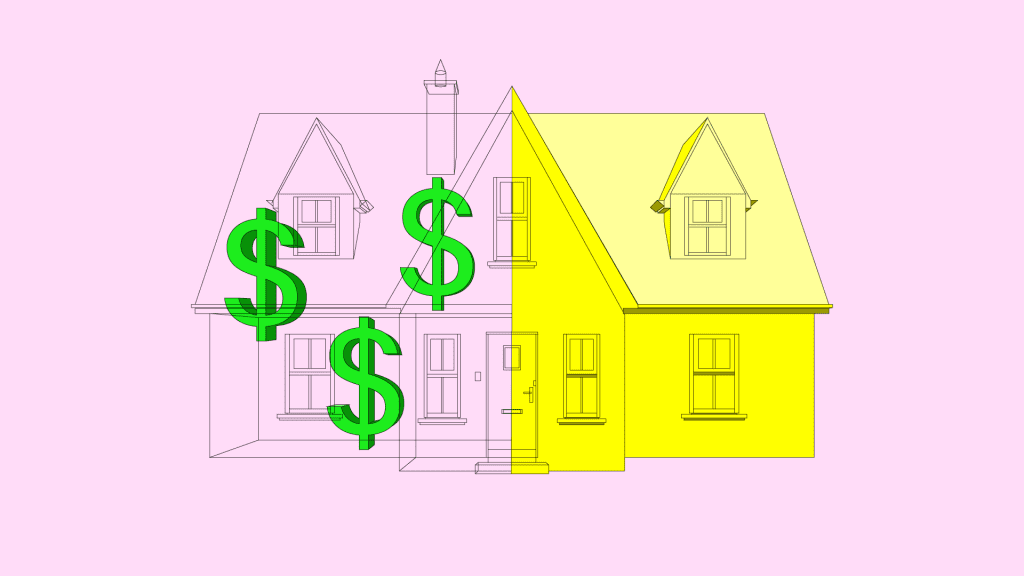Skift Take
After years of delay, guest sentiment pushed Airbnb into more transparent pricing. It’s great for the short-term rental sector, and many competitors large and small will have little choice but to follow.

Megatrends 2023
Discover the top trends that will define the travel industry for the coming year.
Airbnb’s move to get more transparent and show up-front a stay’s total price before taxes in most of the world outside Europe will have a ripple effect across much of the short-term rental sector because of the company’s substantial influence.
In Europe, regulators for several years have required Airbnb and the competition to show in initial search results the total price after taxes. Canada and South Korea likewise already mandated displays of total price.
Not that Airbnb opted to scrap merely showing the nightly rate out of benevolence: It was pressured by news stories and outraged guests on social media and elsewhere who got tired of sometimes-exorbitant surprise fees, including cleaning fees. After all, there was no reason Airbnb couldn’t have started showing total price — even after taxes — in the U.S., Latin America, Asia and Africa in 2019, when it began doing so in the European Economic Community under pressure from authorities.
Airbnb’s decision to show a semblance of total price, albeit before taxes, will also put pressure on hosts and property managers to reduce or eliminate cleaning fees — as Sonder said it has done — and thus lower their overall pricing to remain competitive.
Take Denver, Colorado-based property manager Evolve, for example. It has to comply with Airbnb’s policies when listing a vacation rental in Pacific Beach, Washington on Airbnb, for example, and it displays a total price before taxes of $491 for a two-night stay.
But look how misleading Evolve’s pricing display is for the same property on Evolve.com. It initially shows for a two-night stay a total price of “$280 Total (before taxes and fees).”
But the “$280 Total” masks $168 in fees, including a mandatory $39 damage protection fee. So consider the surprise in store for would-be guests when they learn on the next page that the $280 rate for two nights has $168 in fees that come with it. Not to mention $44 in taxes to get to a $492 total price.
Evolve co-founder and CEO Brian Egan said Airbnb’s new pricing model will spur much of the rest of the industry to do similar things, and Evolve is currently testing various solutions.
Homes & Villas by Marriott handles vacation rental pricing similarly, displaying in the initial view that the nightly rate is from $156, for example. On the second screen users can see that the two-night rate for a villa five miles from Walt Disney Resort was $298, and there was a $273 cleaning fee tacked on. The cleaning fee was close to the amount of the nightly rate for two nights. Ouch.
By The Numbers: Difference In Total Pricing Transparency
-
$491
Evolve has to comply with Airbnb’s policies when listing a vacation rental in Pacific Beach, Washington on Airbnb and it displays a total price before taxes of $491 for a two-night stay.
-
$280
Evolve’s pricing display for the same property on Evolve.com, initially shows for a two-night stay a total price of “$280 Total (before taxes and fees)”.
-
$168 + $39 + $44
$280 Total” masks $168 in fees, including a mandatory $39 damage protection fee. So consider the surprise in store for would-be guests when they learn on the next page that the $280 rate for two nights has $168 in fees and $44 in taxes that come with it.
Is it viable for property managers such as Evolve, Marriott and others to stick with camouflaging the surprise fees until the big reveal on a subsequent screen?
“We’ve done research in this area and know guests expect fees when booking vacation rentals; however, they expect them to be transparent and reasonable,” said Tim Rosolio, vice president of Partner Success, Vacation Rentals for Expedia Group, which owns Vrbo. “This is why we allow travelers to filter by total price, so they know the cost of the entire booking before checking out. In addition to displaying the total price, we provide guidelines and coaching for our hosts setting fees, so they can optimize their listing performance.”
Vrbo has had a total price filter globally for several years, the company said.
Airbnb, too, is working with hosts on pricing, and is rolling out tools to help hosts get more competitive about the way they price their homes. Hosts set their own nightly rates and cleaning fees.
“Overall, this change will lead to an increase in total bookings for Airbnb, as it will create fewer surprises and upset customers during the booking process,” said David Jacoby, an Airbnb superhost and co-founder and president of vacation rental tech firm Hostfully. “There will be no more punch in the gut for the guest when they are excited and ready to book.”
Lower total prices on Airbnb would tend to make it more competitive, and to generate a greater number of bookings.
Jacoby said displays of total price before taxes on Airbnb will be a competitive advantage for the limited number of hotels on the platform, as well as for aparthotels and bed-and-breakfasts on Airbnb that usually don’t charge cleaning fees. Many hosts who don’t charge cleaning fees may also see an upside, and the change will pressure hosts that do charge cleaning fees — sometimes in excessive amounts to extract additional profit — to lower or eliminate them to be more competitive on total price.
This may also be an incentive for hosts to establish a lower-than-usual cleaning fee for short stays of one or two nights, Jacoby said.
One area that won’t get the total price treatment is in search engines such as Google and Bing. Both Airbnb and Vrbo intend to continue to show the nightly rate — and not total prices — on search engines for competitive reasons. When users click through to their respective websites they’ll view the total rates before taxes, assuming they opted in to view them this way.
The move toward total prices in the short-term rental sector sets up an interesting contrast with the hotel industry, where resort fees have come under scrutiny. Many hotel companies take two or three screens before guests can view the total rate, although selecting the room type lengthens the process.
Perhaps that is another teaching or takeaway that the short-term rental sector can pass along to the hotel industry if consumers respond positively to the total price trend in vacation rentals.
Dwell Newsletter
Get breaking news, analysis and data from the week’s most important stories about short-term rentals, vacation rentals, housing, and real estate.
